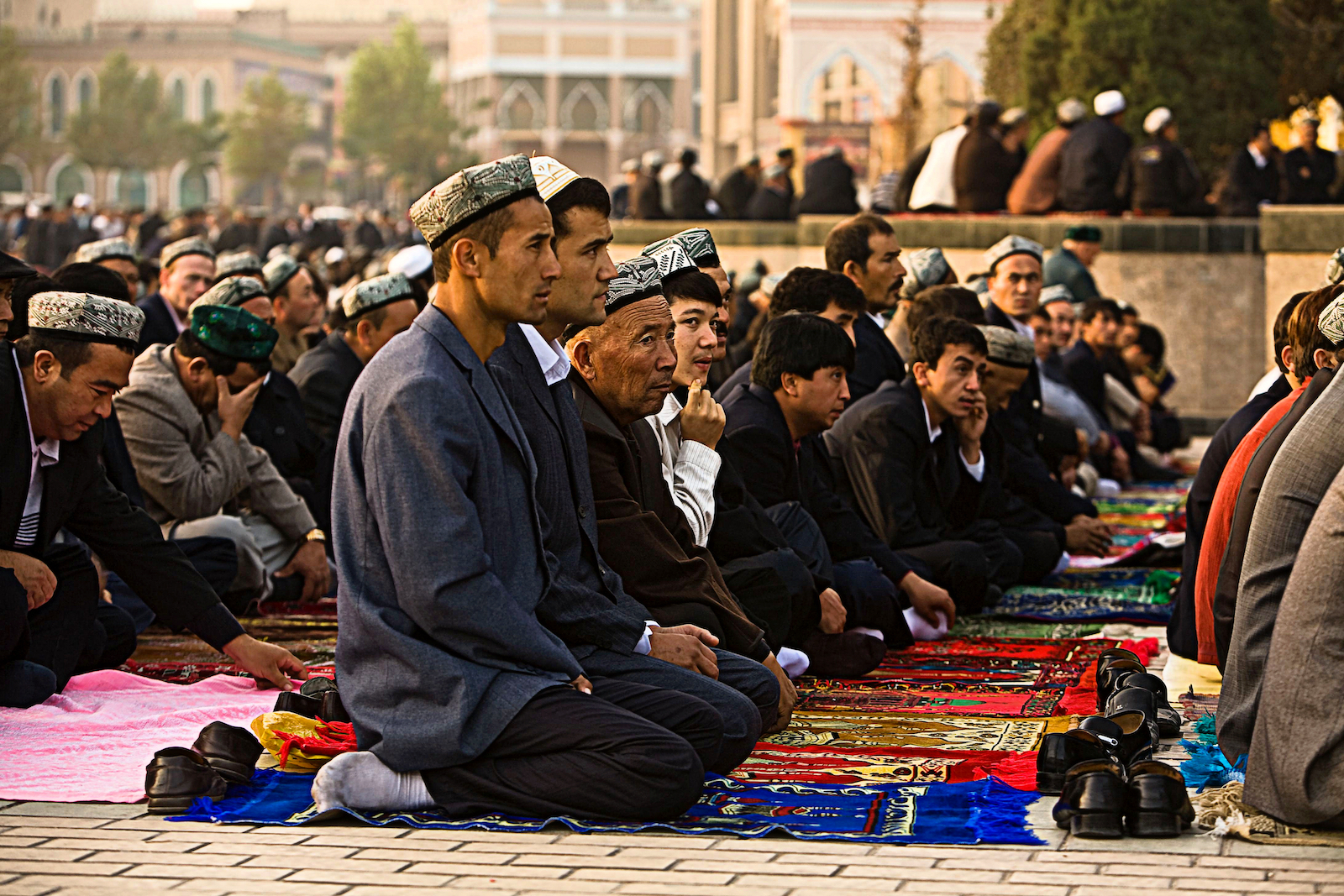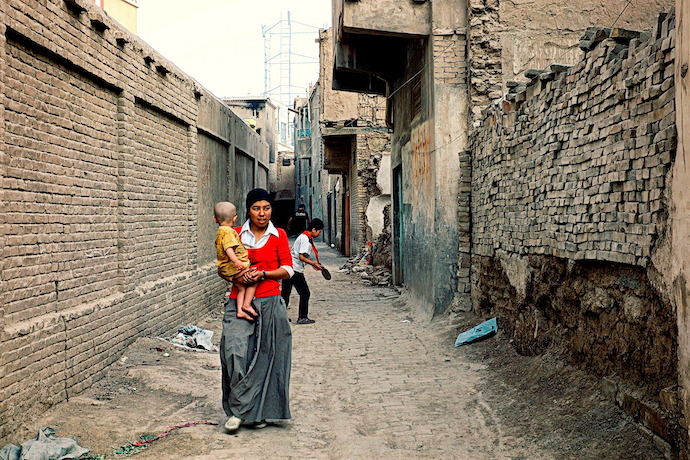
The United States Needs to do More to Help Uyghur Refugees
The Uyghur minority in China is suffering terrible persecution. Human rights advocates and organizations accuse the Chinese government of committing genocide against the Uyghurs, a Turkic minority of some 12 million in western China. Uyghurs trying to escape from China’s brutality have a difficult time reaching safety.
The United States is failing Uyghur refugees and asylee applicants. We need to change restrictive policies and find ways to help them. By granting Priority 2 (P-2) status in the U.S. refugee program, Uyghurs can bypass referrals from other entities, like the United Nations High Commissioner for Refugees, to reach safety more quickly.
Granting Uyghurs P-2 status is feasible within the current refugee system. According to Olivia Enos and Hardin Lang, Washington has a track record of success. For example, Enos and Lang note that special P-2 status has been granted to Thai and Myanmar refugees, Middle Eastern religious minorities, and Iraqis who helped the U.S. The authors assert that Washington is also considering survivors of Islamic State genocide and citizens of Hong Kong for P-2 status. P-2 status would be crucial for Uyghurs who are stranded in Thailand and facing the risk of being extradited to China through red notices via Interpol.

Processing Uyghurs using P-2 status is manageable due to the relatively low number of cases. According to the Uyghur American Association, the U.S. is home to only 8,000-10,000 of the nearly one million Uyghurs living outside of China. Most of the countries hosting Uyghurs have likely finished processing or are in the middle of processing cases, so the number of Uyghurs coming to the U.S. would probably remain low. The couple hundred remaining would pale in comparison to other categories of asylum seekers and refugees, such as those from the Democratic Republic of the Congo or Syria, who arrive in the U.S. by the thousands.
Through the successful use of P-2 status for Uyghurs, the U.S. will also bolster its reputation as a defender of human rights. U.S. allies, as well as victims of authoritarian governments around the world, will be inspired by the example set by the U.S. in pushing for Uyghur dissidents to have a safe haven. Meanwhile, Beijing will witness that Washington doesn’t just use the Uyghurs as a talking point but matches its rhetoric with actions. As the Uyghur community in the U.S. grows, greater public awareness and support for it will increase which is exactly the opposite of what Beijing wants.
Some may argue that the Uyghurs aren’t important to the average American or policymakers in Washington. However, members of Congress from both parties have already demonstrated a willingness to help Uyghurs resettle in the United States. A bipartisan bill, the Uyghur Human Rights Protection Act, encourages allies and partners to make accommodations for Uyghurs fleeing China. Other pieces of bipartisan legislation, such as the Uyghur Forced Labor Prevention Act and the Uyghur Policy Act of 2022 show strong interest in supporting the Uyghurs. The cost of resettling some 500-1,000 Uyghurs who enter the U.S. through P-2 status wouldn’t exceed $15 million, a figure that is well within this year’s refugee budget. This relatively small cost makes the case compelling.
By ensuring that Uyghurs have a path forward to resettle in the United States, we will uphold our values and set a strong example for other countries to protect the lives of countless innocent people.

